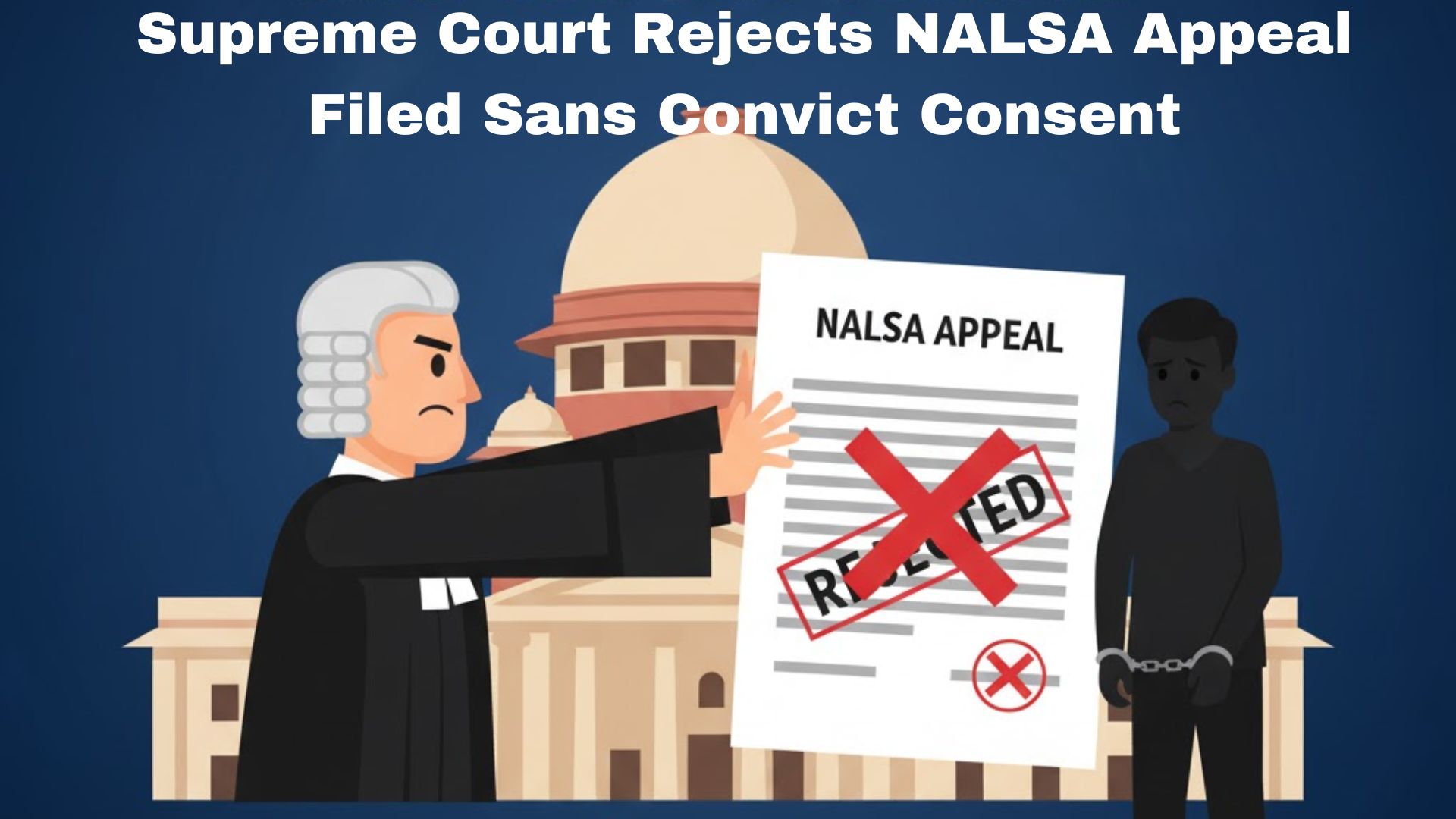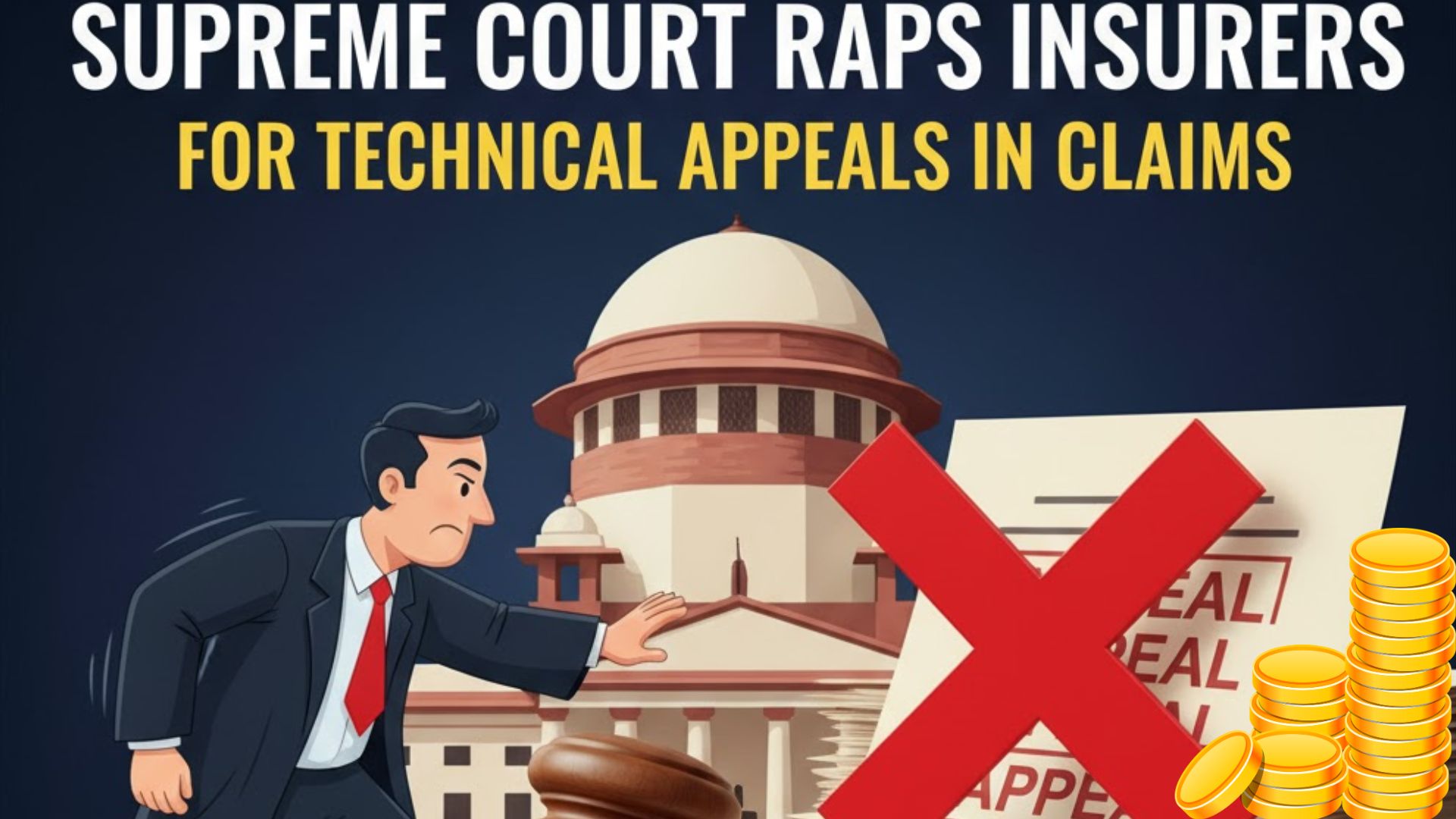N. Kumar, J.@mdashThe Commissioner of Service Tax has preferred this appeal against the order passed ''by the Customs-Excise and Service
Tax Appellate Tribunal 2005 (125) ECR 389 : 2005 (186) E.L.T. 340 (Tri.-Bang.) holding that the respondent is not liable to pay interest for the
delayed payment of Service Tax.
2. The appellant issued Notice to the respondent asking him show cause as to why interest should not be charged for not paying Service tax before
the prescribed dates for payment i.e., 15th of the following month, for the months from June to September 1998 in a sum of Rs. 33,752/-. The
respondent filed a reply stating that there is no delay in payment of Service tax as it has been credited to the Bank on day-to-day basis. Thereafter,
the respondent was called upon to produce the challans submitted to the Bank for the period in question, which was produced by the respondent.
On consideration of the aforesaid material, the authority held that the Service tax is not paid on the due dates and it is paid on 31st July, 1998, 31st
August, 1998, 29th September, 1998 and 30th October, 1998, i.e., beyond the period stipulated and therefore the respondent is liable to pay
interest in a sum of Rs. 33,752/- for the aforesaid delay in payment. Aggrieved by the said order dated 9th November, 2000, the respondent
preferred an appeal to the First Appellate Authority. The First Appellate Authority held that the respondent was supposed to pay Service tax for
the period between June, 1998 to September, 1998 within the stipulated period which has not been done; there is a delay in payment of the
aforesaid amount and therefore affirmed the finding of the assessing authority and dismissed the appeal. Aggrieved by the same the respondent
preferred second appeal to the Tribunal. The Tribunal held that the audit office of the central government which had not transferred the amounts of
the central excise office on account of the delay the claim is made and relying upon its earlier judgment, the Tribunal held that there is no delay in
payment of Service tax and therefore, both the orders were set aside. Aggrieved by the said order of the Tribunal, appellant is before this Court.
3. We have heard the learned Counsel appearing for both the parties. It is not in dispute that in view of Section 68 read with Section 75 of the
Service Tax Act (Finance Act of 1994) [for short hereinafter referred to as ''the Act''], every person providing taxable service to any person shall
pay Service tax at the rate specified in Section 66 in such manner and within such period as may be prescribed. If tax is not paid as required u/s 68
of the Act and who fails to credit the tax or any part thereof to the account of the central government within the period prescribed, then such
person shall pay simple interest at the rate of 15 per cent per annum for the period by which such crediting of the tax or any part thereof is delayed.
4. The appellant''s contention is that the amounts have to be credited on due dates, i.e., 15th of the succeeding month, the amounts are not credited
to the account of the central government before that date, there is a delay of roughly about 15 days in making payment and the interest is charged
for the aforesaid delay of 15 days in making such payment.
5. The case of the respondent is that it has made payment on day-today basis in the central government account maintained in the State Bank of
India; however, after the stipulated period the same is credited to the Service tax accounting head of the appellant and as the amounts were paid
on day-to-day basis, there is no delay and the alleged delay was only in crediting it to a specific head of account.
6. In the light of the aforesaid submissions made by the learned Counsel, the two questions that would arise for consideration in this appeal are as
to whether:
1. whether a payment made within the stipulated time to the account of the central government though it is not made specifically to the Service Tax
Account head, can it be said to be sufficient compliance of Section 68 of the Act?
2. whether in the facts and circumstances of the case, the payment of Service tax has been made on day-to-day basis to the central government
account or is it made beyond the stipulated period?
Regarding 1st Question:
The claim for interest for delayed payment is leviable u/s 75 of the Act. The same reads as hereunder:
75. Every person, liable to pay the tax in accordance with the provisions of Section 68 or Rules made thereunder, who fails to credit the tax or any
part thereof to the account of the central government within the period prescribed, shall pay simple interest at the rate of fifteen per cent per annum
for the period by which such crediting of the tax or any part there is delayed.
7. A reading of the aforesaid provision makes it clear that only when a person who fails to credit the tax or part thereof, to the account of the
central government within the period prescribed is liable to pay interest on service tax. The aforesaid provisions do not stipulate that such payment
should be made to the specific head of account of the central government. If the person liable to pay the Service tax has credited the tax to the
account of the central government, even though not to specific head of account of the central government, the liability to pay tax cannot be foisted
on him by virtue of Section 75.
Regarding 2nd Question:
In the light of our conclusion on the first question, now we will proceed to consider the question as to whether the respondent is liable to pay
interest?
8. It is the specific case of the respondent that the Service tax has been credited to the account of the central government on day-to-day basis. In
support of the said contention the respondent has produced the challans of the bank. However, the authorities have not recorded any finding to the
effect that whether the payment, of tax is made on day-to-day basis or not. A reading of the impugned orders gives us an impression that the
interest is levied on the ground that the tax is not paid before the stipulated time and that there is a delay in payment of the said Service tax. From
the material on record, it is not possible to make out which version is correct. It is obvious that the authorities have not applied their mind to the
rival contentions properly and have not recorded any finding on the basis of the material before them as to whether the payment was made on day-
to-day basis or it was made in lumpsum, after the stipulated period. It requires reconsideration. Under these circumstances, we deem it proper to
set aside all the three orders and remand the matter back to the original authority to consider the question as to whether the payment was actually
made on day-to-day basis as claimed by the respondent to the account of the central government or the delay was only in crediting the amount
stated to have been paid by the respondent to the specific head of account of the central government or whether the actual payment was made
beyond the stipulated period as contended by the appellant.
9. In terms stated above this appeal is partly allowed and the impugned orders of all the three authorities are hereby set aside. The entire matter is
remanded back to the original authority for reconsideration in the light of the observations made above.

